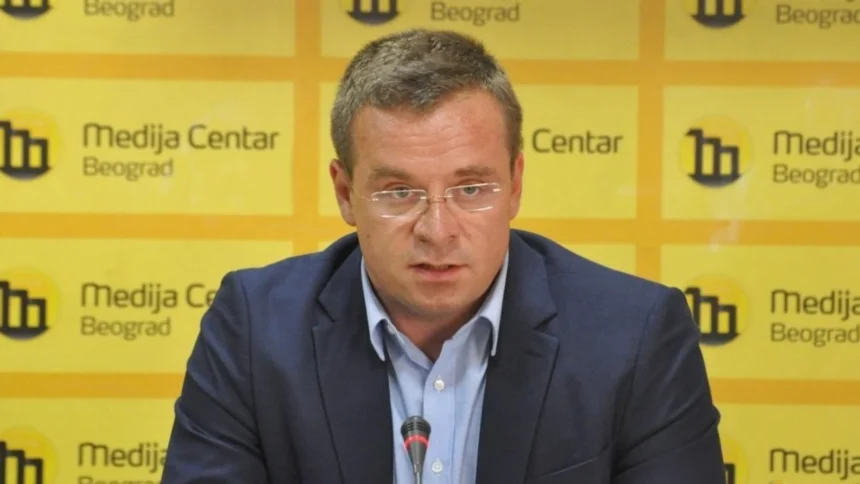Targeted Silence: Lawyer Alleges Serbian Regime Uses Violence to Enforce Control in Kosovo
Belgrade lawyer Čedomir Stojković reacted forcefully after reports that Serbian gendarmerie units seriously wounded and kidnapped a man from northern Kosovo — allegedly Milan Vukašinović — who was later taken to Serbia in critical condition. Stojković says this is not an isolated incident but part of a deliberate campaign by Belgrade to punish and silence Serbs who refuse to obey the political line set from the capital.
Key claims and context
“The regime in Serbia has ordered the liquidation of disobedient Serbs in Kosovo,” Stojković said, naming Milan Vukašinović as the latest target. He accuses the “Serbian List” — the political structure tightly linked to President Aleksandar Vučić — of operating as a paramilitary-political apparatus that terrorizes Serbs in the north and blocks any independent political representation.
Stojković links the alleged attack to a broader pattern: similar paramilitary actions were used during protests in 2023 (he cites the Banjëskë incident) and in the assassination of Oliver Ivanović — a high-profile opponent of the Serbian List — which he says shows the same playbook being reused.
“The message of the regime is clear: Serbs from Kosovo who don’t obey Vučić and the Serbian List will end up like Oliver Ivanović,” Stojković warned.
Why this matters
If Stojković’s allegations are accurate, they point to a chilling tactic: using violence and abduction to enforce political control among a minority community, then exploiting the resulting tensions to distract domestic critics at home. The claim also implies direct political instrumentalization of security forces and proxy groups, a serious escalation with regional implications — especially given Kosovo’s sensitive status and the fragile security balance in the north.
Independent verification is essential: such allegations require transparent investigation by impartial authorities and international monitoring to prevent further escalation and to protect civilians.
What to watch next
- Official investigations into the abduction and wounding: forensic, witness and hospital reports should be disclosed.
- Responses from Kosovo authorities, KFOR/NATO, and international actors — whether they demand accountability or press for de-escalation.
- Any follow-up targeting of other independent Serb figures in northern Kosovo, which would confirm a pattern rather than an isolated crime.
Bottom line: Stojković frames the incident not as random violence but as state-directed repression carried out through proxies. Whether these are accurate claims or politicized accusations, they raise urgent questions about rule of law, the safety of dissident voices in the Serb community in Kosovo, and the risk of manufactured cross-border tensions that serve political ends.







